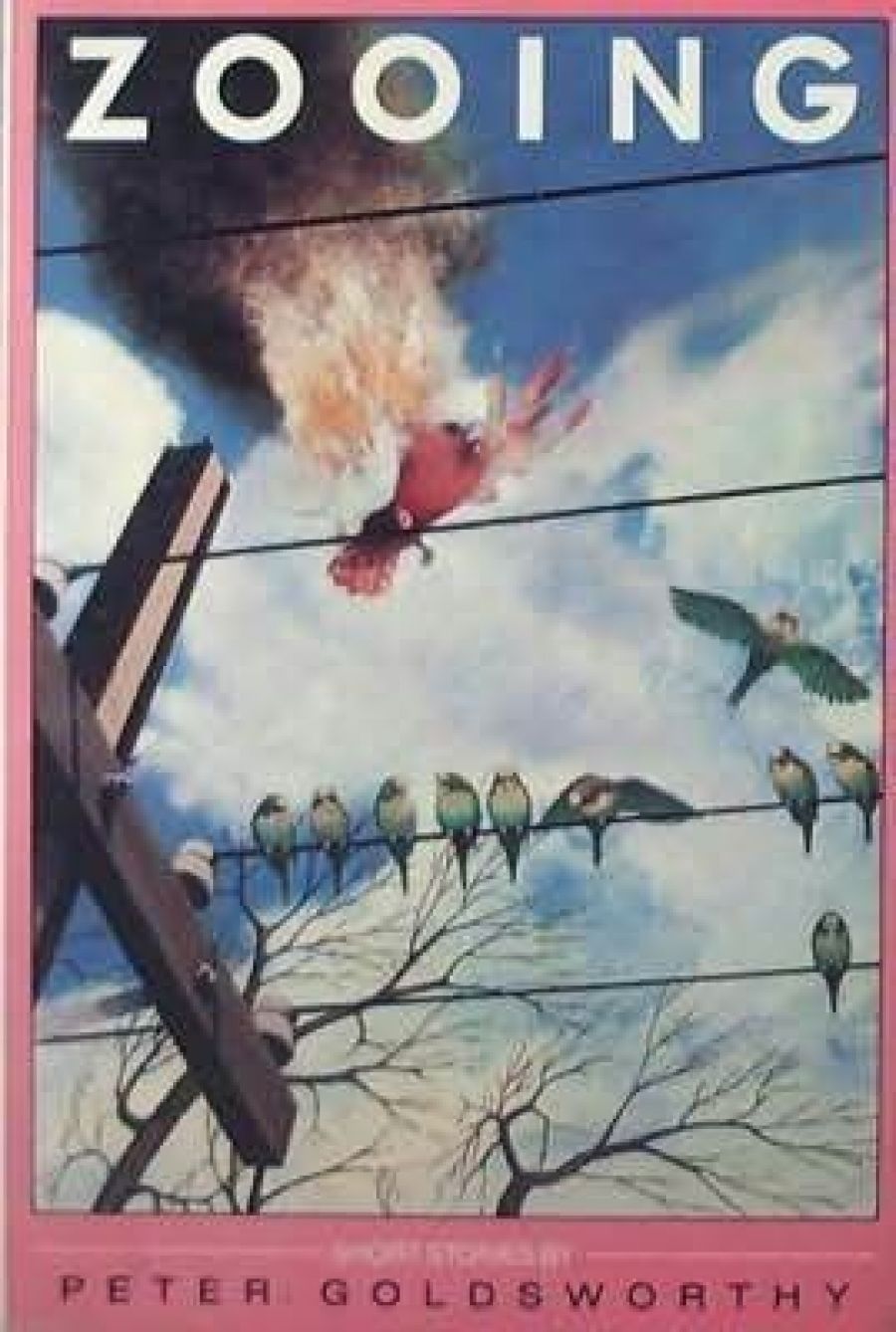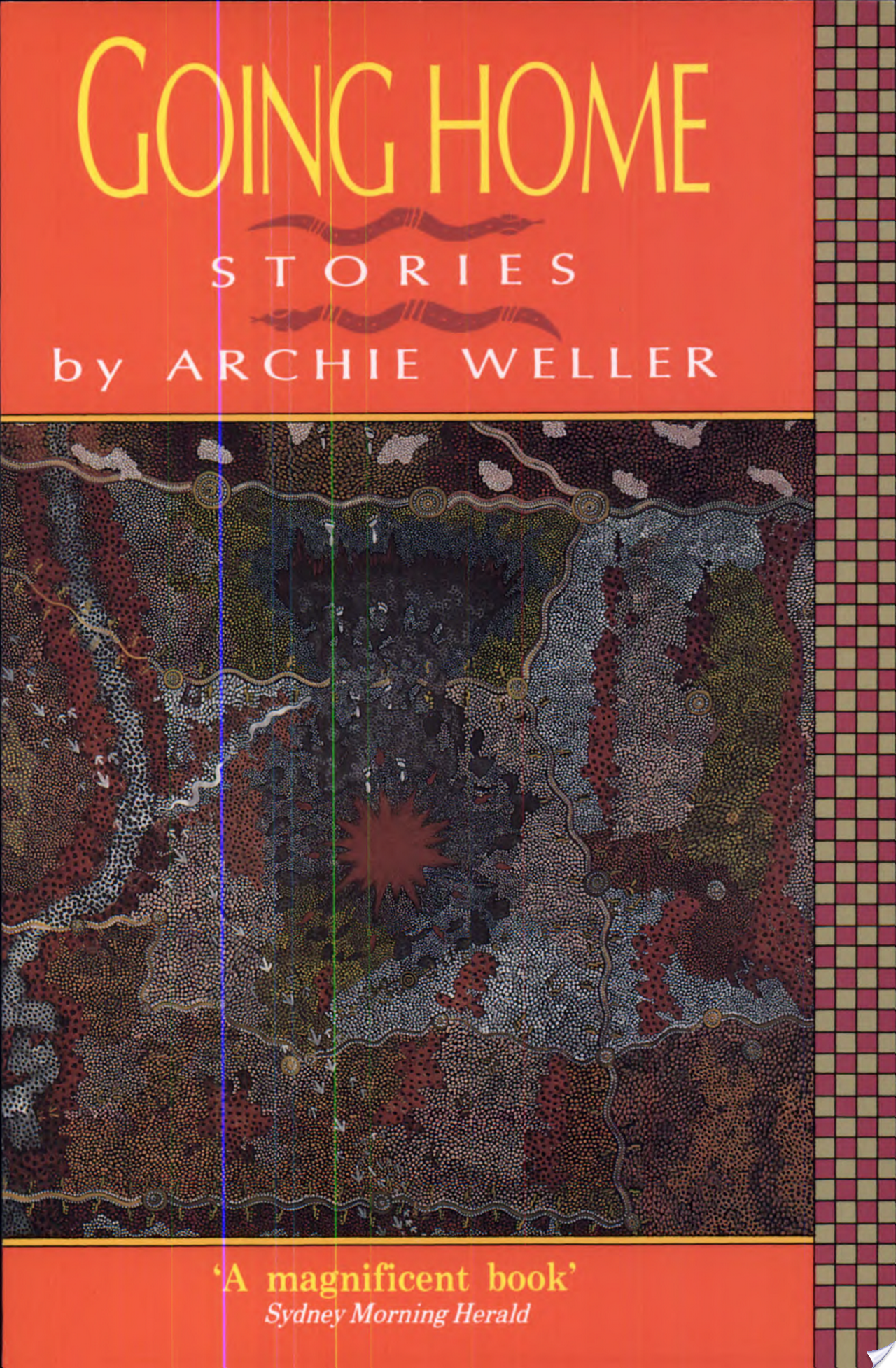
- Free Article: No
- Contents Category: Short Stories
- Review Article: Yes
- Online Only: No
- Custom Highlight Text:
A reviewer’s prejudices are rarely so obvious to him as are mine in the case of these two books. I have an instinct of sympathy with Peter Goldsworthy. Our first books of stories received a joint review from John Tranter in the Sydney Morning Herald. The venerable poet was, let us say, splendidly discouraging: Windsor’s and Goldsworthy’s joint faults made them ‘like so many hundreds of forgotten Australian short story writers before them’. We have been victims together. In the case of Archie Weller, I have to admit to negative prejudices. Weller is promoted as someone who nearly won the Vogel Prize, and I am suspicious of all the media hype and puff that surrounds that award. The price of greater publicity, runs my prejudice (conviction?), should be sharper critical attention.
- Book 1 Title: Zooing
- Book 1 Subtitle: Peter Goldsworthy
- Book 1 Biblio: Angus and Robertson, 116 pp, $6.95 pb
- Book 2 Title: Going Home
- Book 2 Biblio: Allen & Unwin, 222 pp, $15.95 pb
- Book 2 Cover Small (400 x 600):

- Book 2 Cover (800 x 1200):

- Book 2 Cover Path (no longer required): images/1_SocialMedia/2021/Jan_2021/META/original_9780044423164.jpg
- Book 2 Readings Link: booktopia.kh4ffx.net/P1Prj
The burden of Weller’s stories and one novella is the absence of hope, or the occasional fleeting and illusory hopes, of the Aboriginal people. The stories carry a catalogue of numberless horrors behind most of which lie the prejudices and shonky justice system of White Australia. This is good old-fashioned straightforward writing; right and wrong, goodies and baddies are all unmistakeable. Women, insofar as they appear, are either molls or vessels of tender, admiring supportiveness, police are fat and pasty, aged Aboriginals are alcoholics, landowners are lecherous sadists … Whatever about the social reality of all that, it makes for torpid fiction.
Fiction as an art does not interest Weller. There is no attention to the shape of these stories, no concern with their form. They all tend to be miniature novels – life stories. And for rendering these Weller has undoubted gifts. He has a range of styles that can create the vernacular of surfies or of aboriginal encampments one moment and then dance aside the next into quite lyrical evocations of the landscape. He has a keen sense of tension and narrative pace. His bleak panoramas of Aboriginal life are illuminating. And he has passion. In fact passion, in one form or another, is his major problem. The anger and the racial outrage lure him into sarcastic sideswipes and tub-thumping platitudes that interrupt the story and are unnecessary anyway because the action is making the points quite clearly enough. And, particularly in his general, romantic moments, Weller overwrites something awful. A drowning becomes
the great green God – or demon – they all loved had embraced this human in its liquid arms and coral encrusted lips had kissed the pale white face of the youth as he gurgled his last breath.
Going Home is crying out for a radical, creative editor.
With Peter Goldsworthy it is a case of ‘all passion spent’. The first-person narrator in seven of the ten stories is a clone of himself; a well-heeled, youngish professional male, irredeemably smug. Moreover, he is rarely very intelligent. That is all a fearsome handicap for a narrative, and I don’t think Goldsworthy gets over it. His stories proceed on a monotone, the prose – in keeping with the personality of the narrators – is flat and undistinguished, and the climax or point of the stories when it comes is often low-key to the point of banal. And yet Goldsworthy does have a yen for the clinching last line.
There is a further constant element in these stories that adds to this weighted-down, lifeless aura they seem to give off. Their general pattern first seems to be anecdotal, but the anecdote is interrupted to fill the reader in, and once that has been done, the resumed anecdote too easily seems slight and uninteresting. The best story in the book, ‘The List of All Answers’, succeeds because it entirely avoids the common pattern. Without any narrative fill-in, but with a third-person narrator, the story has a couple spar with one another and their child via a list the women writes up on the fridge of all possible answers to any questions the child – or anyone else – might ask. The story is economical, suggestive, imaginative, and open-ended – I think.
I harbour a thoroughly illegitimate desire that Peter Goldsworthy would turn his medical experience into stories – but stories with the flair and resonance of ‘A List of All Answers’. I have a taste for a little more of the mystery of the sick body and a little less of the transparency of the complacent mind. If I have a partiality for what Peter Goldsworthy might do, I would say of both writers that their next volumes have clear problems to tackle and will be crucial. God forbid their consignment to John Tranter’s carefully inspected, bottomless pit of forgotten Australian short story writers.


Comments powered by CComment